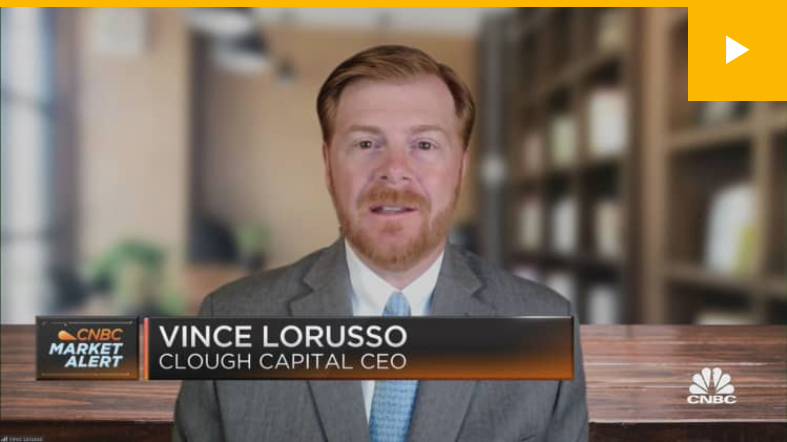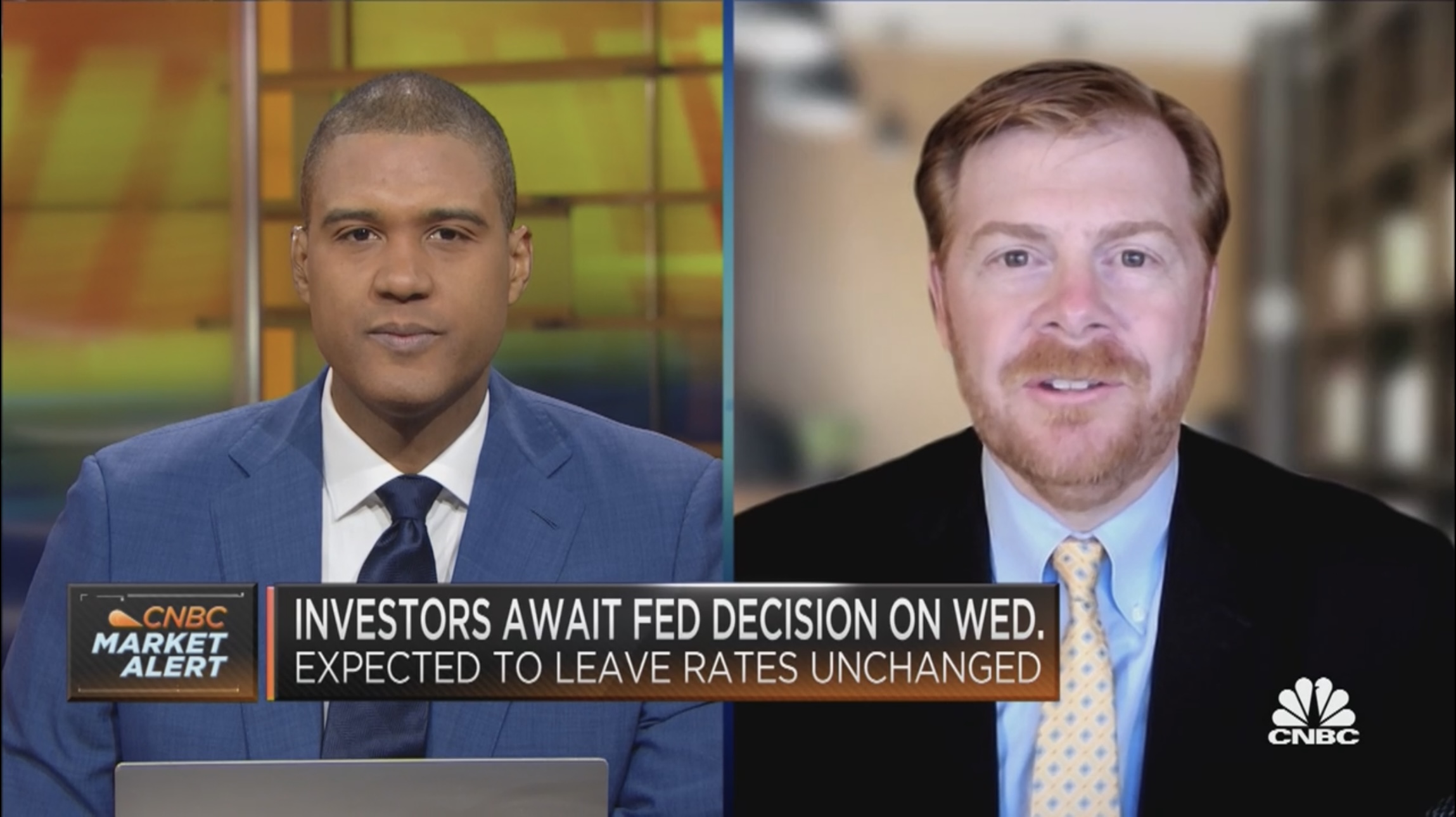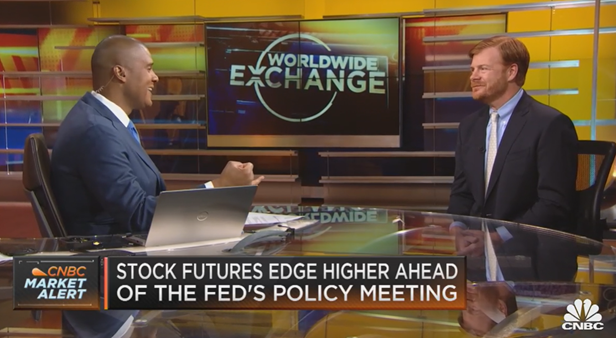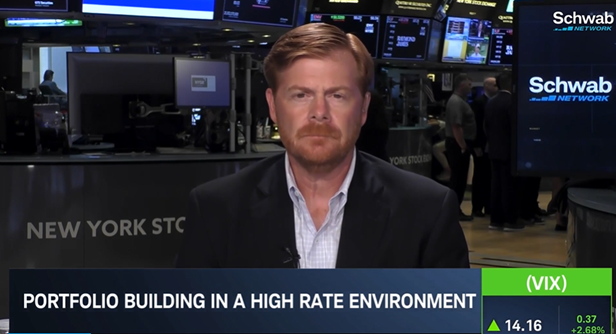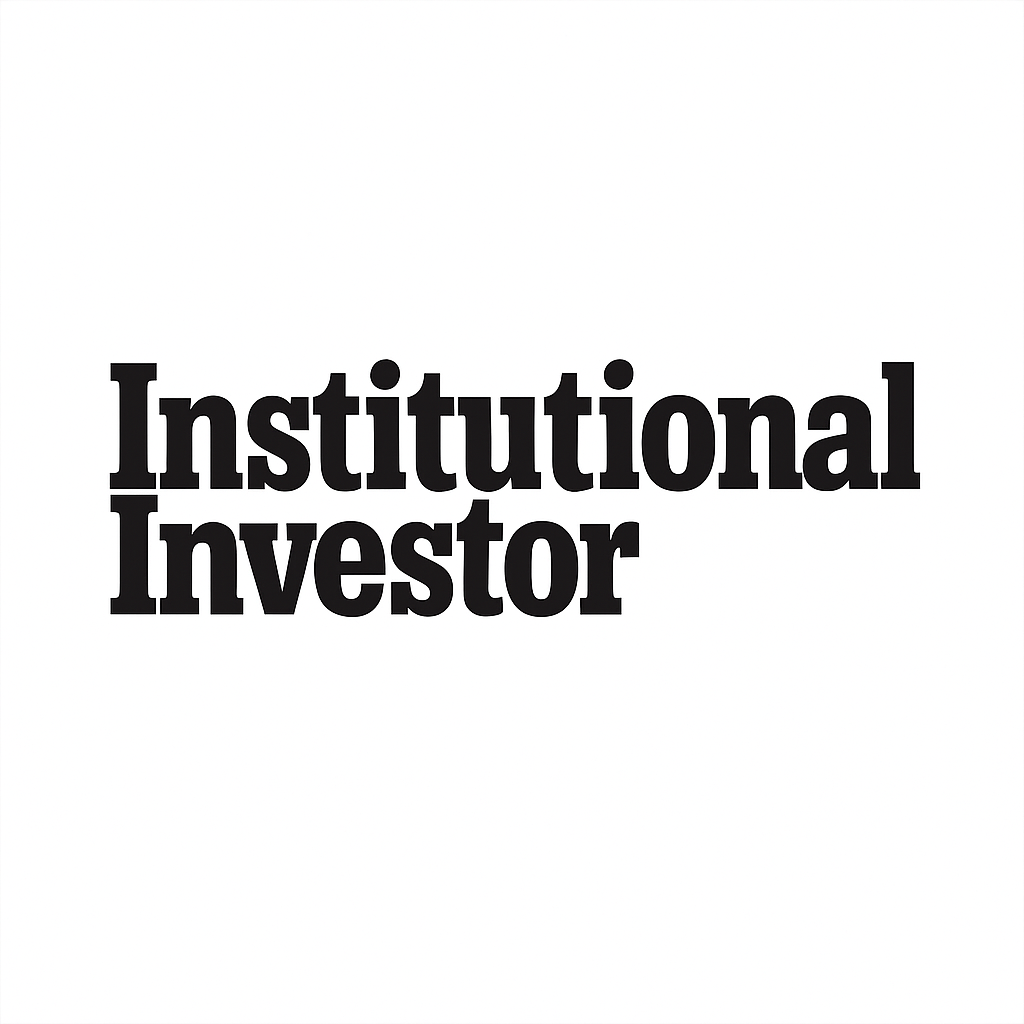Clough Capital Marks Five Year Anniversary of Actively Managed ETFs
The 5-year milestone for the Clough Select Equity ETF (CBSE) and Clough Hedged Equity ETF (CBLS) underscores Clough Capital’s position as one of the first movers in active management within the...
Rates will likely have to go down sooner rather than later, says Vince Lorusso
Rates will likely have to go down sooner rather than later, says Vince Lorusso
Vince Lorusso, CEO of Clough Capital, discusses the markets this month and where he’s finding...
Vince Lorusso joins Schwab Network host Oliver Renick to discuss long and short investment ideas amidst a challenging backdrop in the capital markets.
Vince Lorusso joins Schwab Network host Oliver Renick to discuss long and short investment ideas amidst a challenging backdrop in the capital markets.
Is Clough Capital And Its Actively Managed ETFs is the Future of Hedge Funds?
Is Clough Capital And Its Actively Managed ETFs is the Future of Hedge Funds?
A new CEO argues that more long-short equity strategies should be in the liquid, tax-efficient...
Alts Shop Enters Active ETF Space, Names New CEO
Alts Shop Enters Active ETF Space, Names New CEO
Vince Lorusso, former portfolio manager at Clough Capital, has rejoined as president and chief executive...
Hedge fund Clough Capital to manage Changebridge Capital’s active ETFs
Hedge fund Clough Capital to manage Changebridge Capital’s active ETFs
Clough Capital Partners, a hedge fund firm with $1.3bn in client assets under management, has entered the active...
Clough Capital Assumes Management of Changebridge Capital’s Active ETFs
Clough Capital Assumes Management of Changebridge Capital’s Active ETFs
Vince Lorusso becomes President & CEO, Portfolio Manager of Clough Capital
- « Previous
- 1
- 2
- 3



